Jolt Right Away: The Quick Answer
Caffeine keeps you awake by blocking the brain’s natural “sleep pressure” signal, allowing alertness to stay switched on. At the same time, it ramps up stimulating brain chemicals and can even shift your body clock later into the night. The result is a double push toward wakefulness and a delayed pull toward sleep.
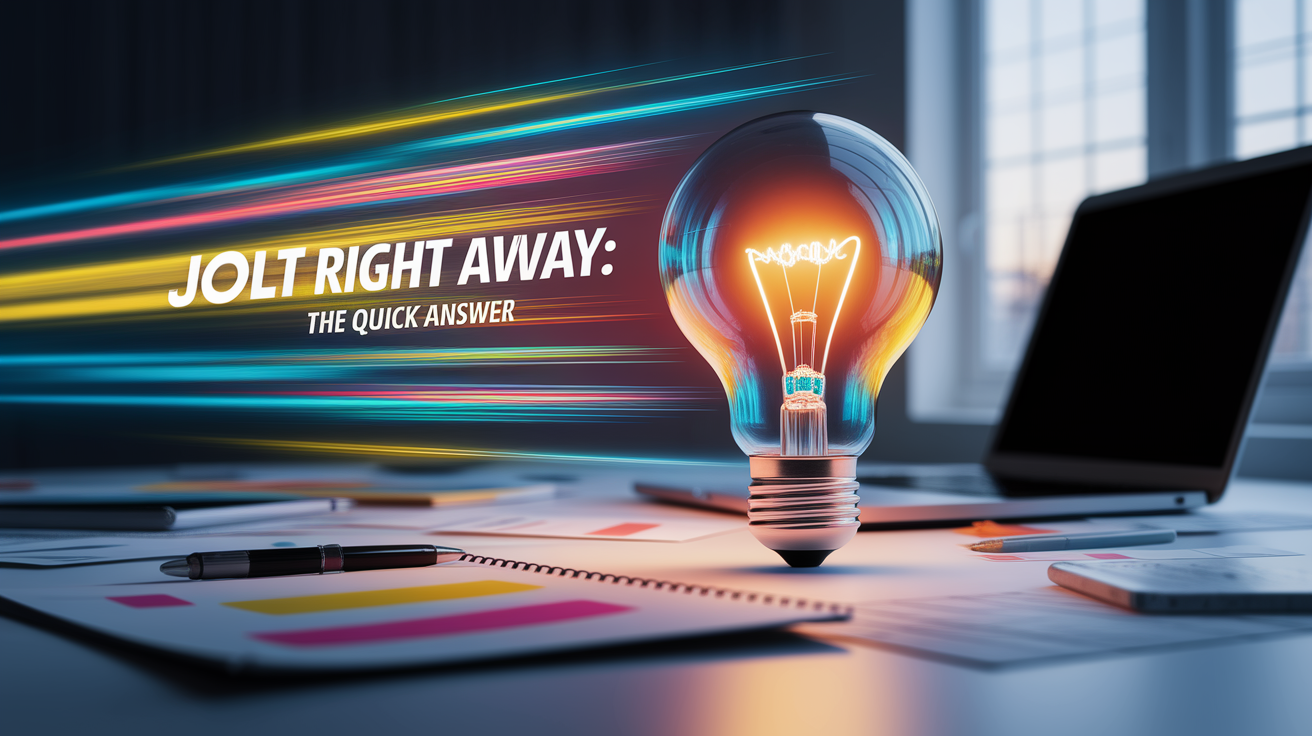
Adenosine and Sleep Pressure Explained
Every hour you’re awake, your brain builds up a biochemical urge to sleep, known as sleep pressure. The key messenger for this is adenosine — a neuromodulator in the central nervous system.
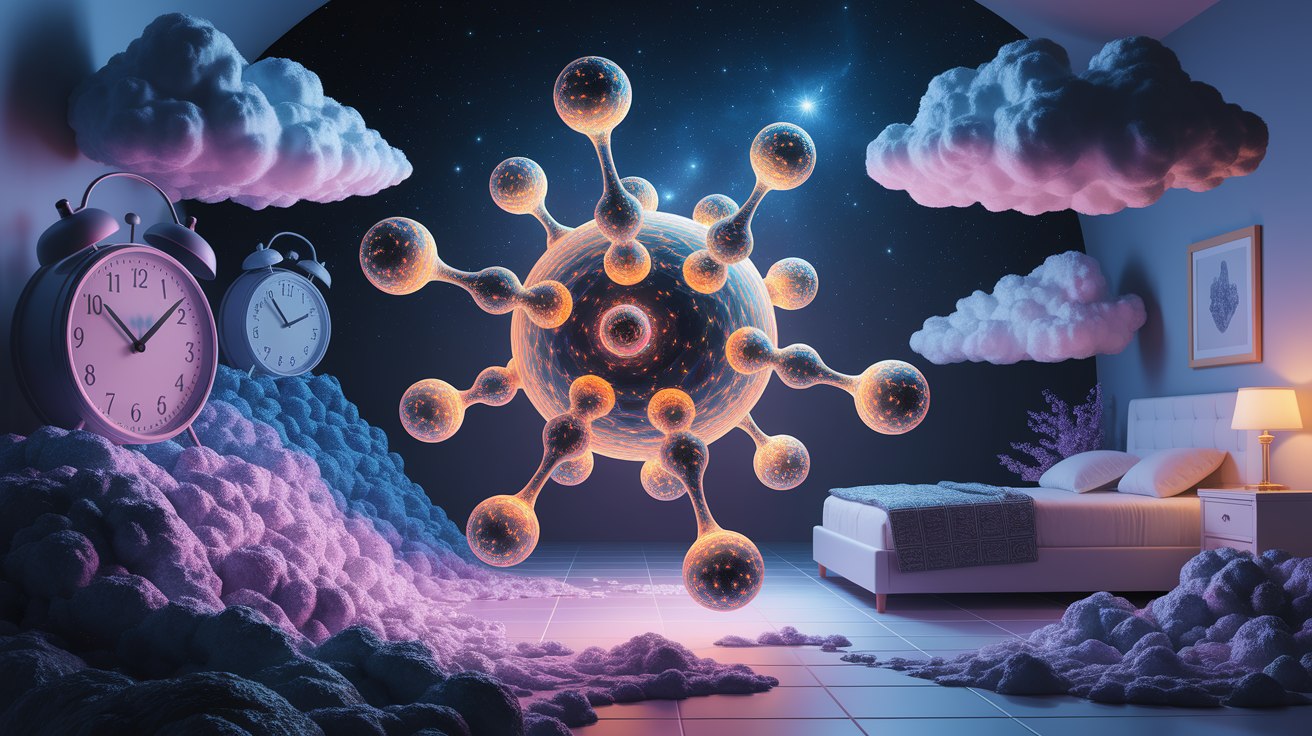
- Adenosine’s job: Bind to specific adenosine receptors (A1 and A2A) to tell your brain, “Hey, it’s time to slow down.”
- What caffeine does: It fits into those same receptors but blocks them, acting like a “seat filler” that occupies the spot so adenosine can’t do its drowsiness-inducing work.
- Effect: Neural activity stays high, and the message to rest is muffled.
You can think of it like putting noise-cancelling headphones on your brain’s “tiredness” signal. This adenosine suppression is explained in detail in the pharmacodynamics section of caffeine research.
Secondary Neurochemical Boosters
Blocking adenosine doesn’t just remove the brakes; it also lets other brain chemicals hit the accelerator. When caffeine is in your system, it subtly shifts brain chemistry toward wakefulness:
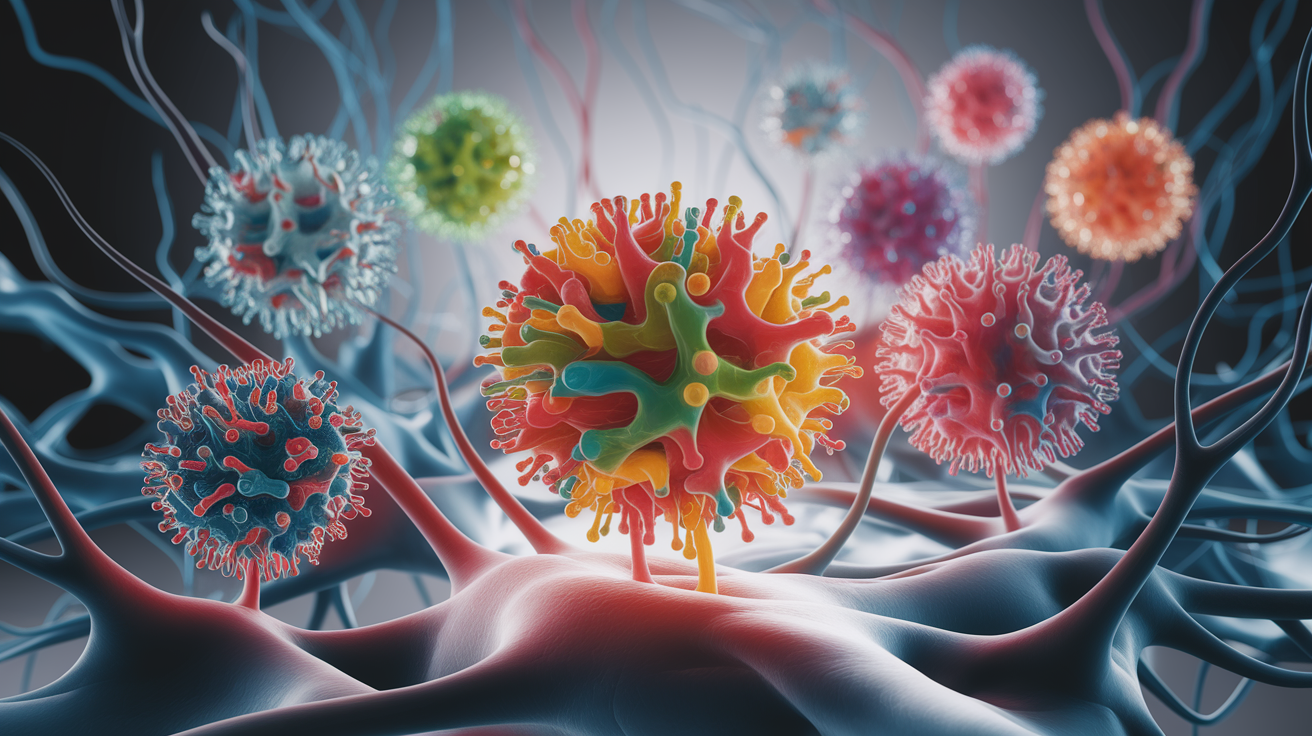
- Dopamine: Heightens focus, motivation, and a mild sense of pleasure.
- Norepinephrine (adrenaline’s cousin): Increases heart rate, blood pressure, and readiness for action.
- Glutamate: Enhances excitatory signaling, keeping mental activity lively.
- Reduced GABA influence: Calming signals are dialed down, so sedation is less likely.
These boosts complement the blocked adenosine signals, creating a more energized, “I can do this” mindset — whether you’ve had coffee, tea, or an energy drink.
Circadian Shifts and Melatonin Delay
Beyond your immediate alertness, caffeine can also tinker with your body’s internal 24-hour clock — the circadian rhythm. Research shows that drinking caffeine in the evening can delay melatonin release — the hormone that signals your body it’s nighttime.
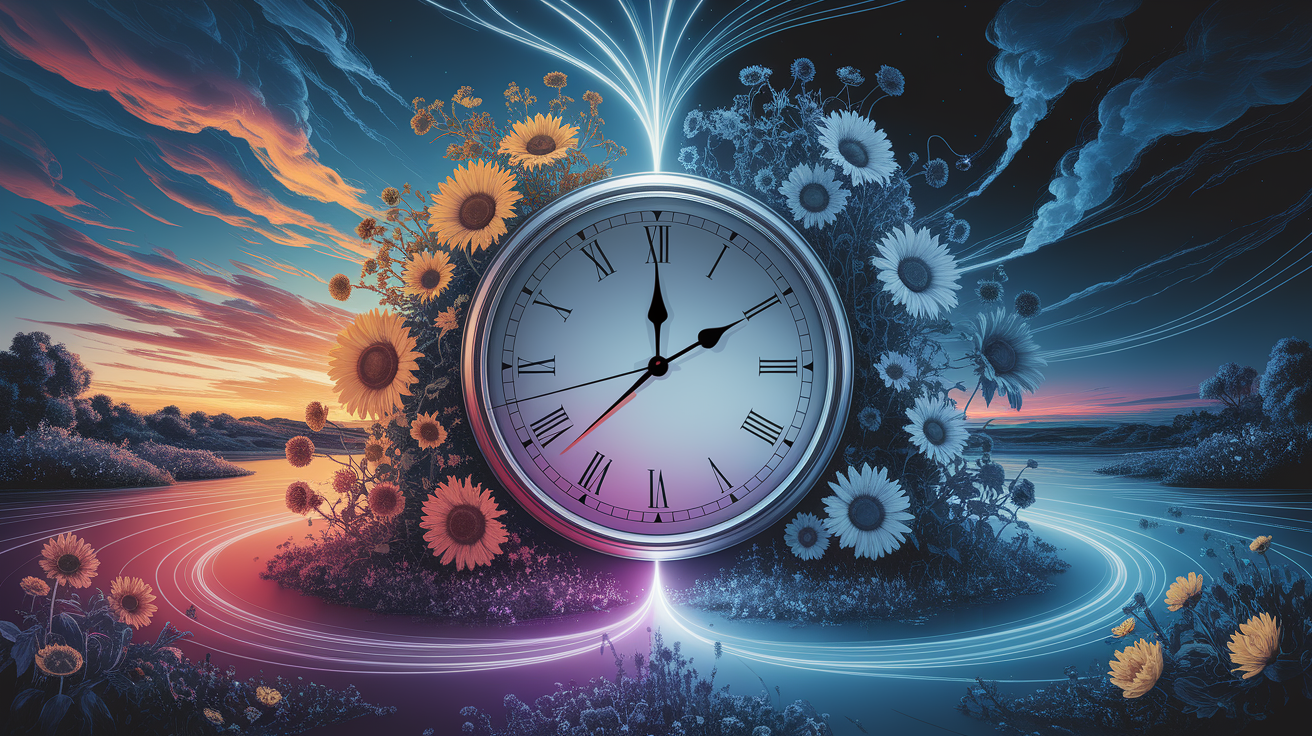
- About 200 mg near bedtime can delay melatonin by ~40 minutes.
- This delay is similar to shining bright light in your eyes at night — it’s a “stay awake” signal.
- The shifted rhythm can make you feel like you’re in a different time zone, even though you haven’t traveled.
That’s why a late-night coffee can keep you tossing and turning even when you feel tired — your body clock thinks bedtime hasn’t arrived yet.
The Aftermath: Sleep Quality and Dependence Loop
Even if you do fall asleep after caffeine, the quality of that sleep can take a hit. Studies show that caffeine can:
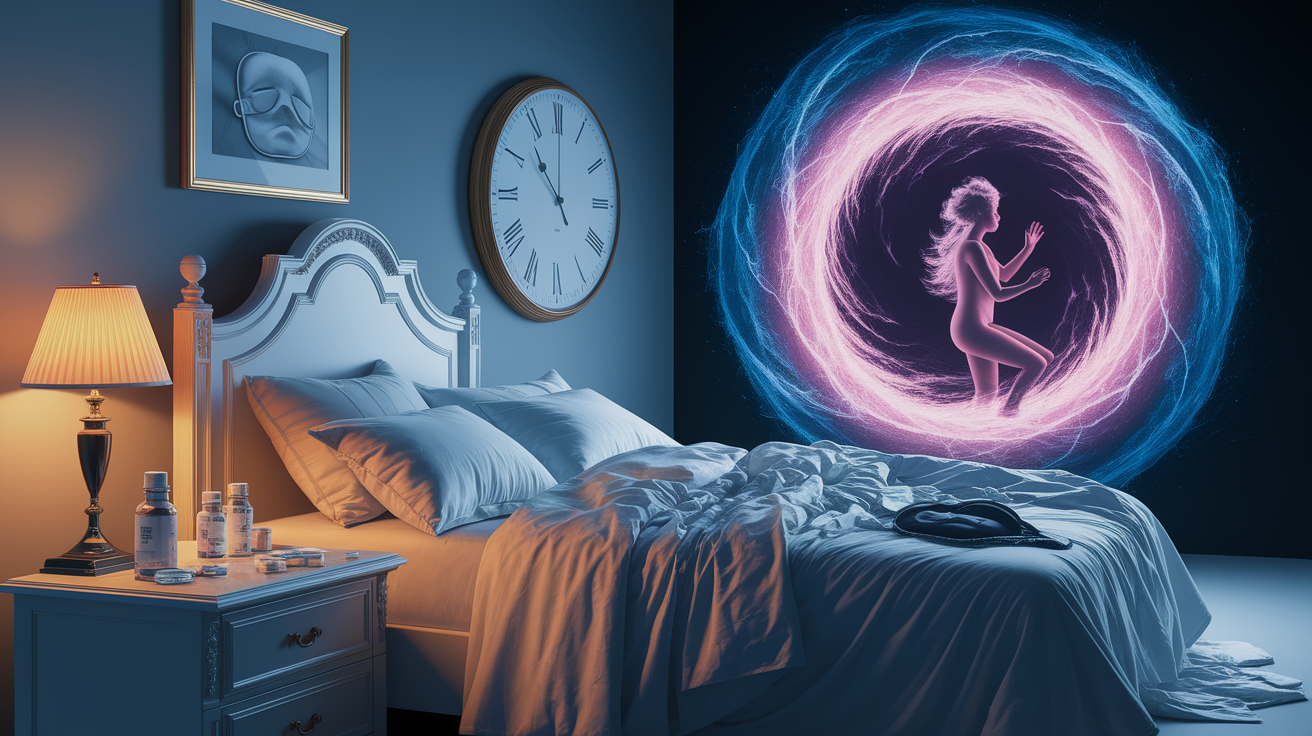
- Reduce total sleep time.
- Lower sleep efficiency — more time lying awake.
- Cut into deep sleep and REM sleep, making rest less restorative.
The kicker? When the caffeine wears off, its stimulating effects vanish suddenly, sometimes causing a “crash” of fatigue. That tiredness can tempt you to reach for more caffeine the next day, starting a dependence loop. Over time, tolerance builds, meaning you need more caffeine to get the same jolt, and withdrawal can bring its own fatigue if you skip it.
The Final Sip: Key Takeaways
- Main mechanism: Caffeine works by blocking adenosine receptors, removing the brain’s natural sleep cue.
- Extra push: It boosts stimulating neurotransmitters like dopamine and norepinephrine.
- Body clock effect: Evening caffeine can delay melatonin release and shift your circadian rhythm.
- Sleep cost: Even small amounts hours before bed can reduce the depth and quality of sleep.
- Healthier habit: For most, avoiding caffeine 6–8 hours before bedtime can help keep sleep cycles on track.
In short, caffeine keeps you awake through a smart mix of blocking sleep signals and boosting alertness signals — a brain chemistry balancing act that’s best timed earlier in the day for better rest at night.













